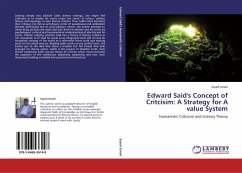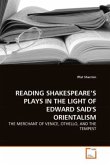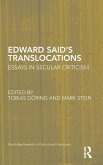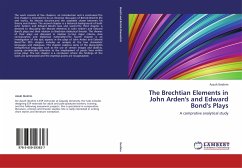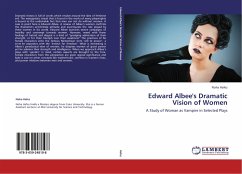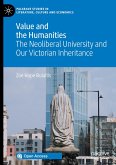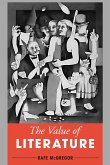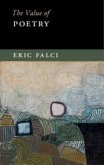Looking deeply into Edward Said's diverse writings, one might feel confused as to classify his works under the rubric of culture, politics, history, anthropology, or even literary criticism. Thus, Said's critics launched their critique into him as anti-theory writer of paradoxical and ambivalent identity, synthesized due to early Diaspora. Hence, the author attempts to reveal dusty and blurred vision laid over both his identity and his works via psychological, cultural and hermeneutical understanding of identity and his works. Indeed, judging whether Said has a theory in literary criticism or not necessitate us to read his works as an integrated work and to have his humanistic concept of the world as a referential frame work and starting point for his critical venture. Reading Said's works as one unified work, the author get to the idea that there is invisible but felt thread that links amongst his diverse works, which is the pursuit of idealistic truth. Such thread constitutes Said's circular theory of criticism which moves between the cognition of the intellectual, objectivity, subjectivity and text. Such theoretical building is divided into practical and theoretical.
Bitte wählen Sie Ihr Anliegen aus.
Rechnungen
Retourenschein anfordern
Bestellstatus
Storno

